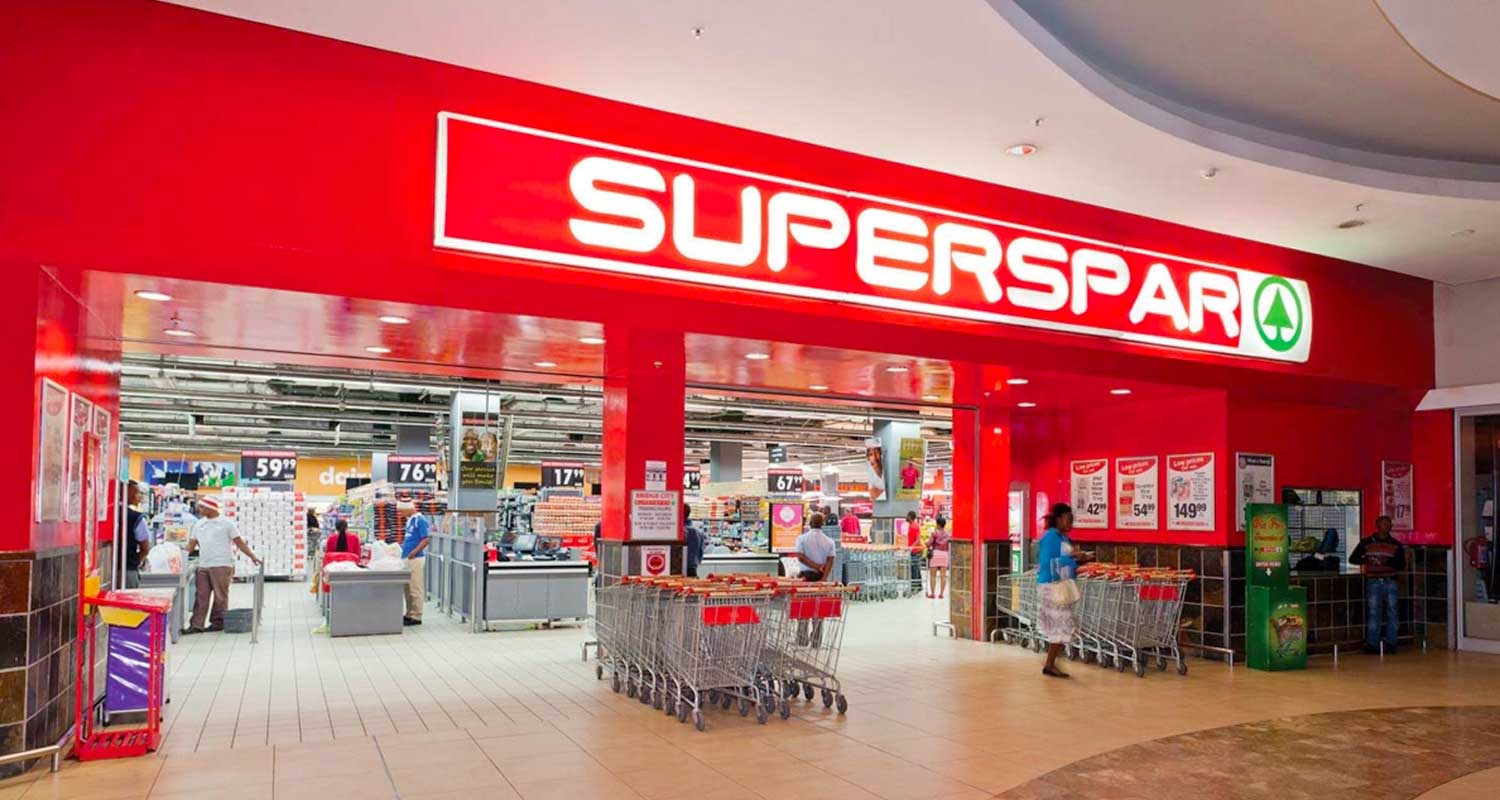 A botched implementation of SAP enterprise software cost Spar Group R786-million in lost wholesale turnover in the six months to end-March 2023.
A botched implementation of SAP enterprise software cost Spar Group R786-million in lost wholesale turnover in the six months to end-March 2023.
Spar is facing a double-digit decline in profit and has deemed it “prudent” not to declare an interim dividend as a result. The company said high interest rates, load shedding, difficulties in implementing its new IT system and rising costs are to blame for its weak results.
The retailer reported on Wednesday that its operating profit fell almost 18% to about R1.5-billion for latest interim reporting period. Its diluted headline earnings per share fell more than 30% because of cost pressures, which led to a subsequent loss of turnover during the latter half of the period. Finance costs on debt and overdrafts have also increased, and the group said over the past 12 months all regions have come under considerable inflationary cost pressures.
The SAP software go-live challenges at Spar’s KwaZulu-Natal distribution centre added to the challenges as stores are being forced to use other distribution centres to fulfil orders in that province. “Resolving all outstanding SAP software implementation challenges remains an urgent priority for the business and for our retailers in the KwaZulu-Natal region,” the group said.
The distribution centre in KwaZulu-Natal was the first regional distribution centre to launch SAP software, in February 2023. But the group reported that the transition resulted in various go-live and integration issues, negatively impacting distribution operations in KwaZulu-Natal. This caused interruptions in stock deliveries to retailers’ stores, resulting in reduced service levels, which had a significant impact on retailer loyalty in this region.
Spar said the SAP problems cost it R786-million in lost wholesale turnover during the period. It said it is resolving these issues with the assistance of SAP specialists and that operational performance is improving. “The various go-live issues are being resolved and the priority remains to improve order fulfilment to ensure more predictable and consistent supply to retailers. The roll-out of SAP has been delayed in other regions until all issues at the KZN DC have been completely and satisfactorily resolved.”
Load shedding
Meanwhile, load shedding has cost Spar more than R700-million in diesel for generators over the latest six-month period, the retailer said, as it warned of much higher spending if the power situation deteriorates.
Crippling power cuts are leaving households and businesses in the dark for up to 10 hours a day, but with 97% of its stores in South Africa covered by generators, Spar’s operations remain largely uninterrupted, interim CEO Mike Bosman said in an interview.
Spar’s spending on fuel for its generators, which are ready to run 24 hours a day, makes doing business “unbelievably expensive”, but the cost is not being passed on to consumers.
Read: Spar gears up to take on Checkers Sixty60
Bosman said that at current levels, Spar’s diesel spend for its full financial year was going to be R1.4-billion. “If it (the power situation) doesn’t improve and if it deteriorates, it’s going to be much more.”
Spar’s shares were up more than 4% in early trade at R107.69. This follows a fall of more than 19% two weeks ago when it released a trading statement indicating its interim earnings. – © 2023 NewsCentral Media, with additional reporting by Tannur Anders, © 2023 Reuters




